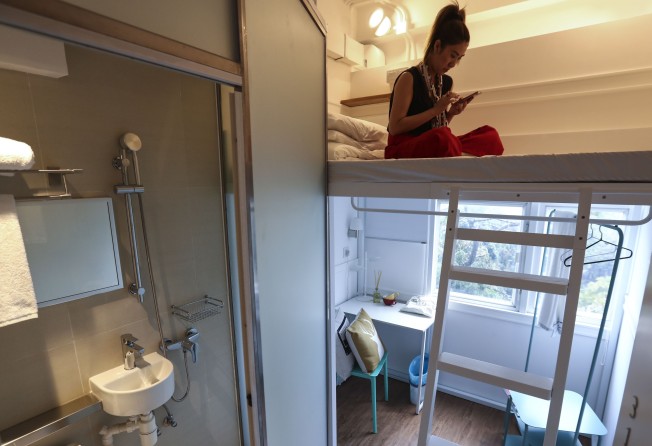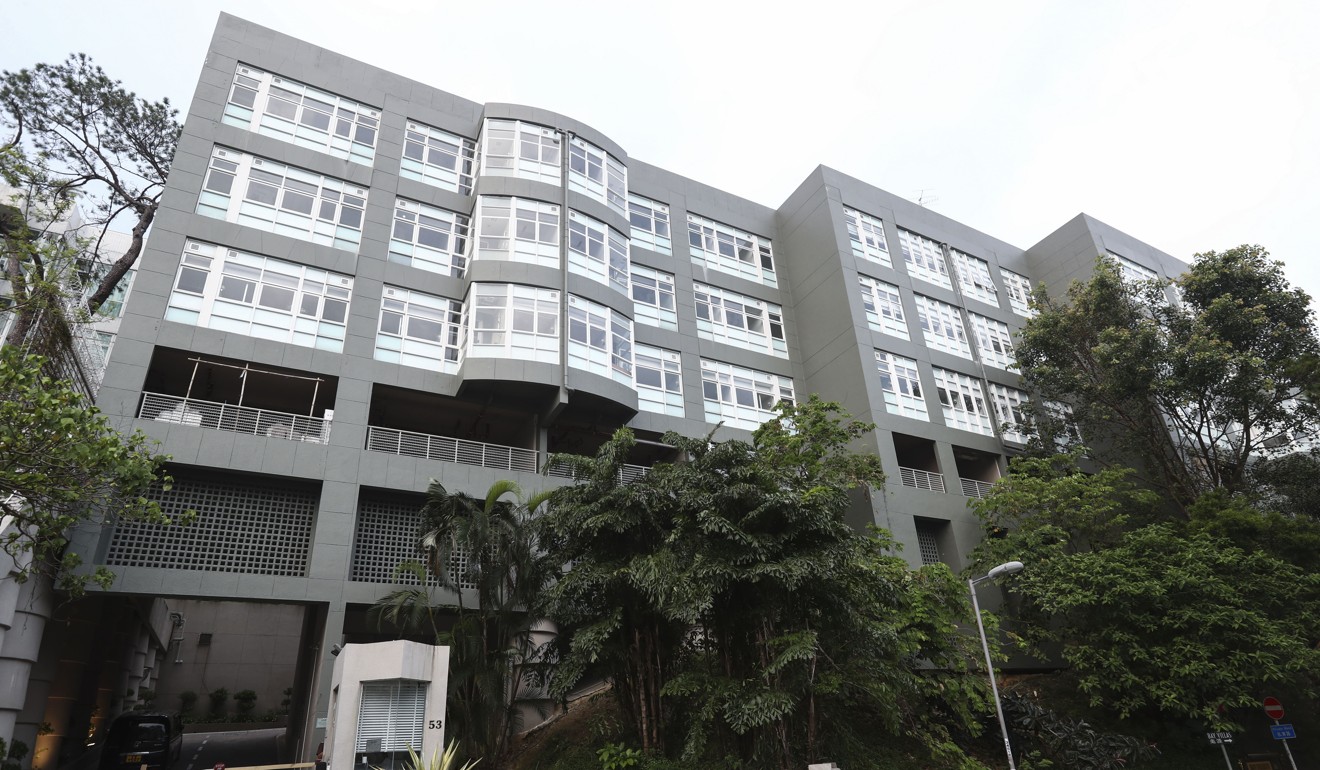
Hong Kong budget hotels move into co-living space, as cheaper alternatives for millennials
Early investors in city’s co-living segment find response encouraging

Hong Kong budget hotels in non-core areas are keen to join other investors to convert their underperforming properties into co-living spaces, as it provides a cheaper alternative for millennials priced out of the world’s most expensive housing market.
And the situation is only likely to get worse, with property prices in the city expected to increase by at least 15 per cent in the next two and a half years, according to property consultants JLL. Rents too have surged for 18 straight months, making it impossible to get a flat for under HK$10,000 a month.
In such a setting, co-living offers an affordable solution to millennials staying with their families, sharing a rental unit or living in subdivided flats.
“We have clients such as budget hotel operators and owners of old properties exploring investment opportunities in co-living spaces,” said Alvin Leung, associate director for valuation advisory services at JLL.
He said hotels in non-tourist areas such as Kwun Tong industrial area that have seen a drop in occupancy rates because of declining group tours from the mainland were showing interest.

Leung said co-living projects could generate rental yields of up to 3.36 per cent a year, compared with 3 per cent for typical flats. “It represents an increase of 12 per cent if investors opt to convert their existing properties into co-living schemes.”
Denis Ma, head of research at JLL, said hotels and guest houses with smaller rooms that require minimal alternation are best suited for the switch.
“Hotel operators, for instance, can convert the restaurant area into a common zone for tenants,” he said.
Serviced apartment and hotel operator Ovolo will launch its first live-in, co-working space under the Mojo Nomad brand by the end of this year. It aims to provide start-up owners and entrepreneurs with co-living and co-working spaces at discounted rates.
“The first project will be located in Aberdeen and is still under renovation,” Tim Alpe, the chief operating officer at Ovolo, said on Tuesday. It has 65 rooms with 250 beds, and will charge about HK$250 a night, he said.
Meanwhile, investors who were eyeing the co-living sector from the sidelines, have only now latched on to the bandwagon.
In August, the market was stunned when Eton Properties, owned by the family of Filipino magnate Lucio Tan, said it was converting its luxury residential project, Woodland Villas, on Shouson Hill Road into 270 units, some as small as 80 sq ft, to rent out as co-living spaces to young graduates and even investment bankers. The all-inclusive monthly rent starts from HK$7,600.
In the same month, a Hong Kong-based real estate private equity firm, Emerald Lake, raised US$60 million for investing in co-living projects through its Weave Co-Living platform. It was reported to have bought a property in Kowloon, which would undergo extensive refurbishment to turn it into a co-living scheme.
Emerald Lake could not be reached for comment.
Investors have been eyeing the co-living sector only in the past 12 months, but the trend has picked up pace only in the last six months
Synergy Biz, formed by professionals with property and architectural backgrounds, said its new co-living project launched this month in Mong Kok, has received positive response.
“We have achieved 50 per cent occupancy, with 30 per cent taken up by a local university,” said a spokesman for Synergy Biz, which spent HK$150 million to convert two five-storey buildings into 166 bed spaces. The operator charges a monthly rent ranging from HK$3,500 (US$448) to HK$5,500.
With the potential of co-living in Hong Kong yet to be fully tapped, JLL’s Ma said that it was only a matter of time before companies here follow the example of mainland developers such as China Vanke, Longfor Properties and Sino-Ocean Land that have invested on a much larger scale in the new trend.
